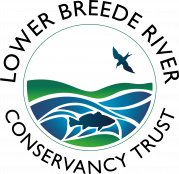Breede Blogs
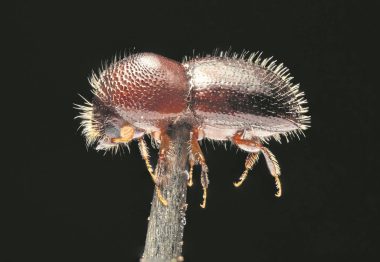
Be on the look-out for the Polyphagous Shot Hole Borer Beetle
The Polyphagous Shot-Hole Borer (PSHB) is a tiny invasive black beetle from Asia that has recently arrived in South Africa. It is smaller than a sesame seed but can have a devastating effect on trees.
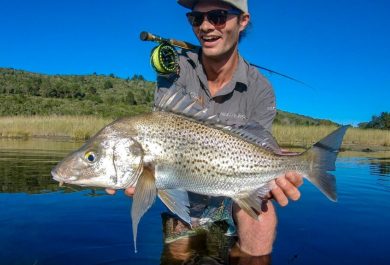
Why the health of Breede River Estuary is important for
Spotted Grunters
Spotted Grunters (Pomadasys commersonnii) are a common game fish in the Breede Estuary that is often seen in the shallows with its tail waving above the water as it blows small creatures out of holes in mud and sand.
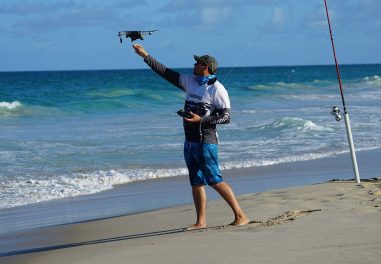
Drone Regulations in the Overberg and Eden Districts
Flying drones in Witsand, Infanta and Malgas is illegal (unless you are a licensed pilot with permission from the CAA and the SAAF). The FAR147 Overberg Restricted Airspace area is shown with green borders in the image above.
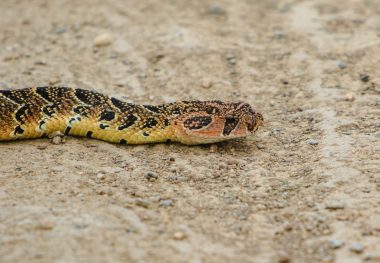
Snake Awareness and First Aid
At the Breede River Estuary you can expect to see a number of venomous and non-venomous snake species. Bites are uncommon, but not unheard of. A basic understanding of the snake species which occur in our environment could prove crucial when it comes to what first aid to apply.
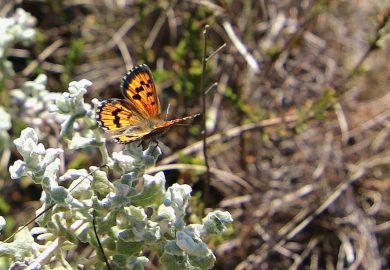
WItsand's Very Own Butterfly
The Dickson’s Copper butterfly (Chrysoritis dicksoni) was originally discovered by Charles Dickson near Melkbosstrand on South Africa's west coast. This critically endangered butterfly has a history of disappearing from its known habitats and being rediscovered.
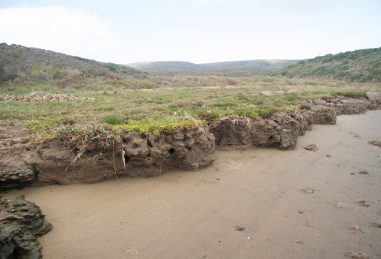
The Salt Marshes of the Breede
A salt marsh is a coastal ecosystem in the upper intertidal zone between land and open saltwater that is regularly flooded by the tides.
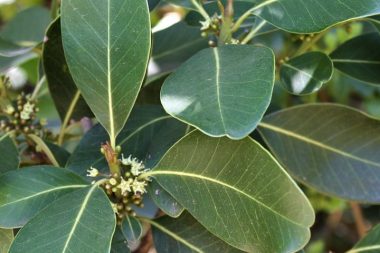
Milkwood
Sideroxylon inerme (white milkwood, Afrikaans: wit-melkhout) is an indigenous coastal tree, with dense foliage, black berries and small, greenish flowers.
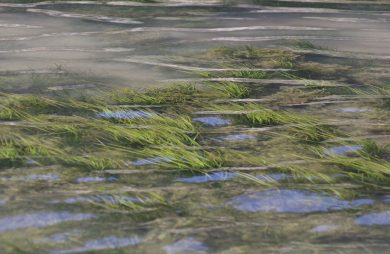
The Importance of Eelgrass
Zostera species or eelgrass, occurs as dense beds on intertidal and shallow subtidal mud and sand flats in sheltered shallow inlets, bays, estuaries and saline lagoons.
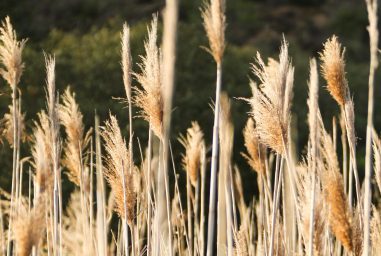
Reeds and Sedges
Reeds and sedges are represented by a few species: Common Reed (Phragmites australis), Bulrush (Typha capensis), Papgras (Schoenoplectus scirpiodes) and Umbrella Sedge (Cyperus textilis).
